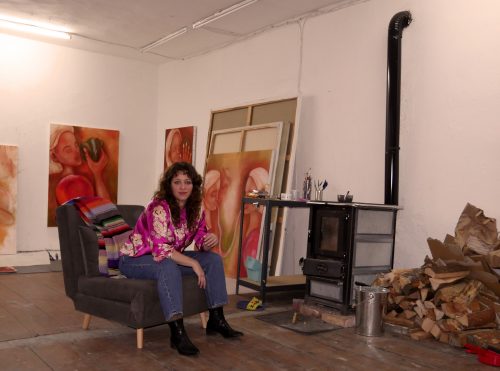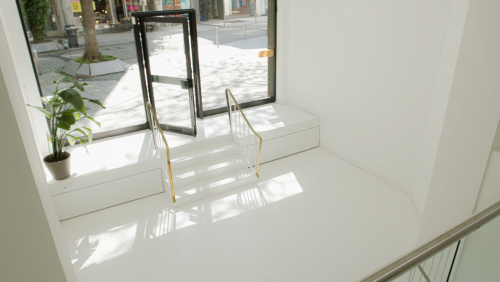
Cécile Lempert
Who makes the solid tree trunks sound again
Project Info
- 💙 Braunsfelder
- 💚 Miriam Bettin
- 🖤 Cécile Lempert
- 💜 Miriam Bettin
- 💛 Mareike Tocha
Share on
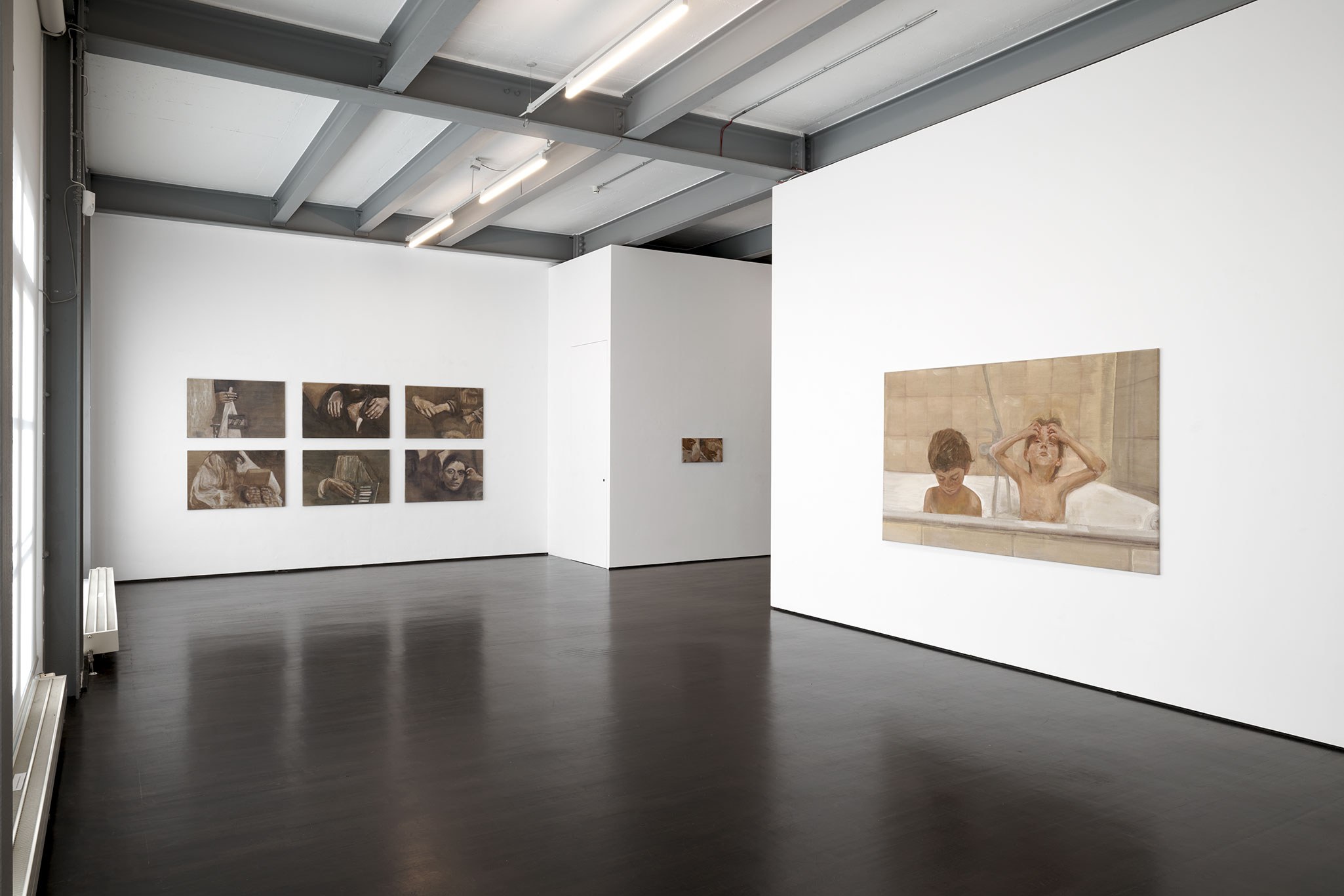
Advertisement
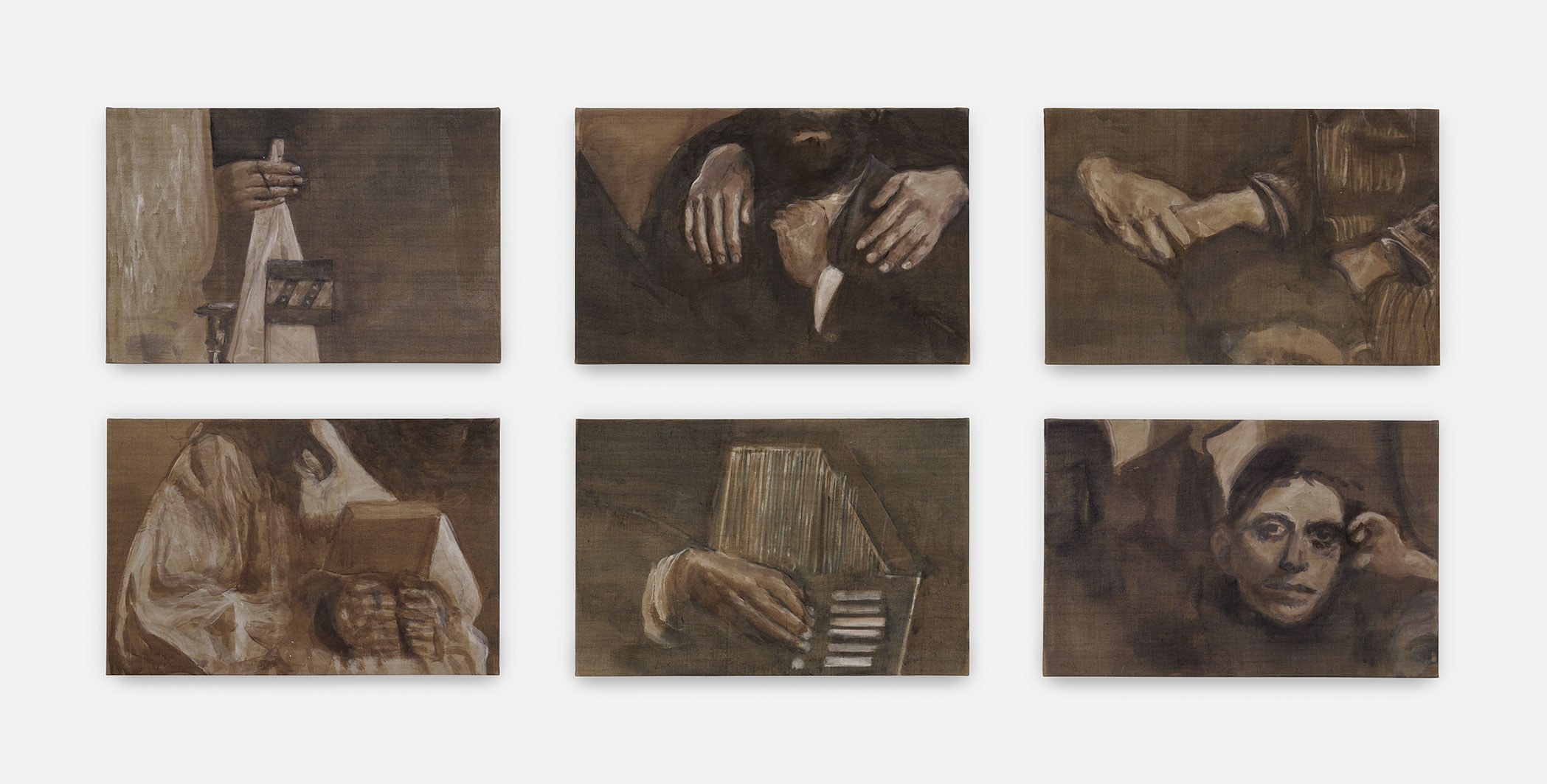
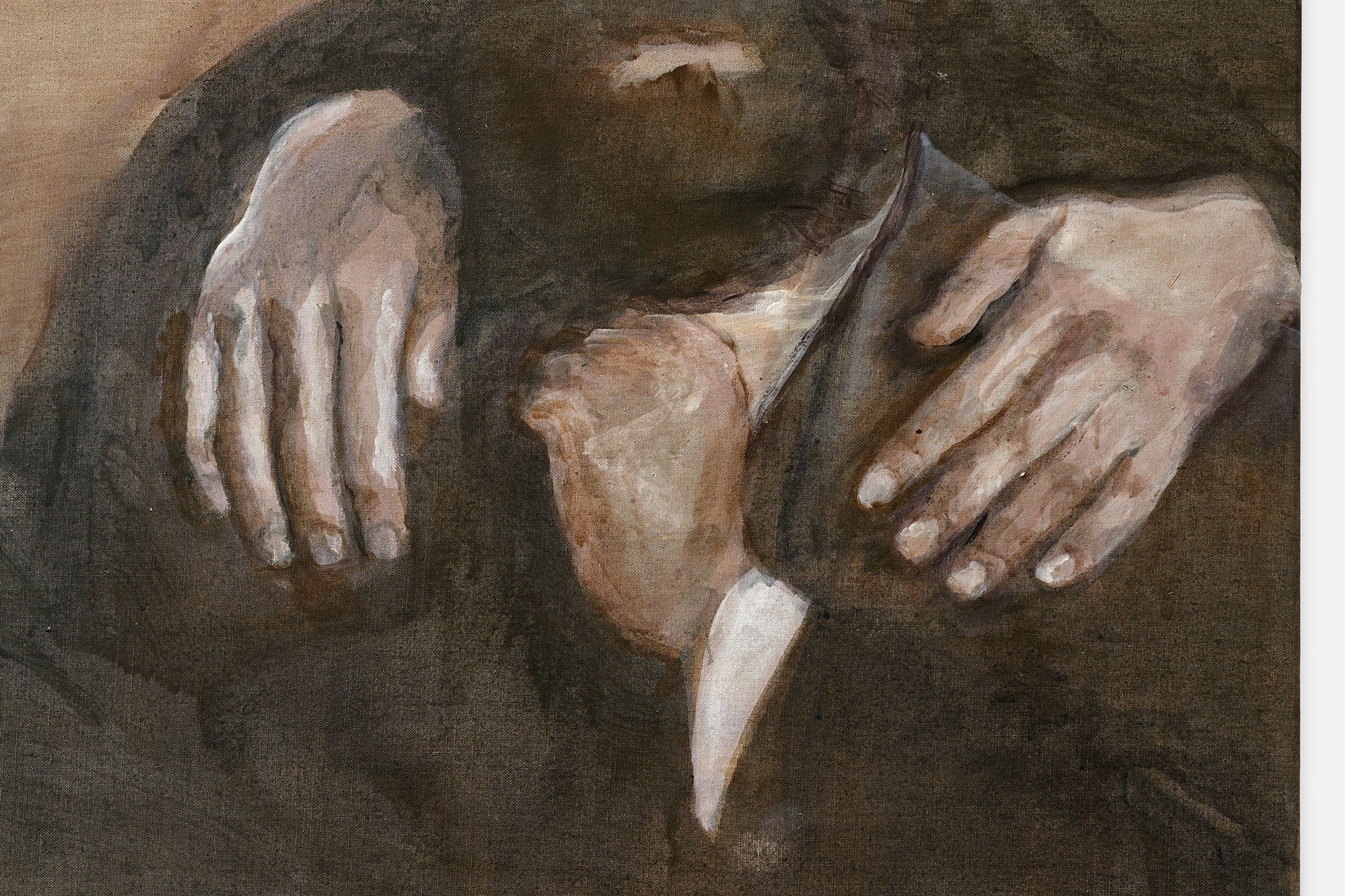
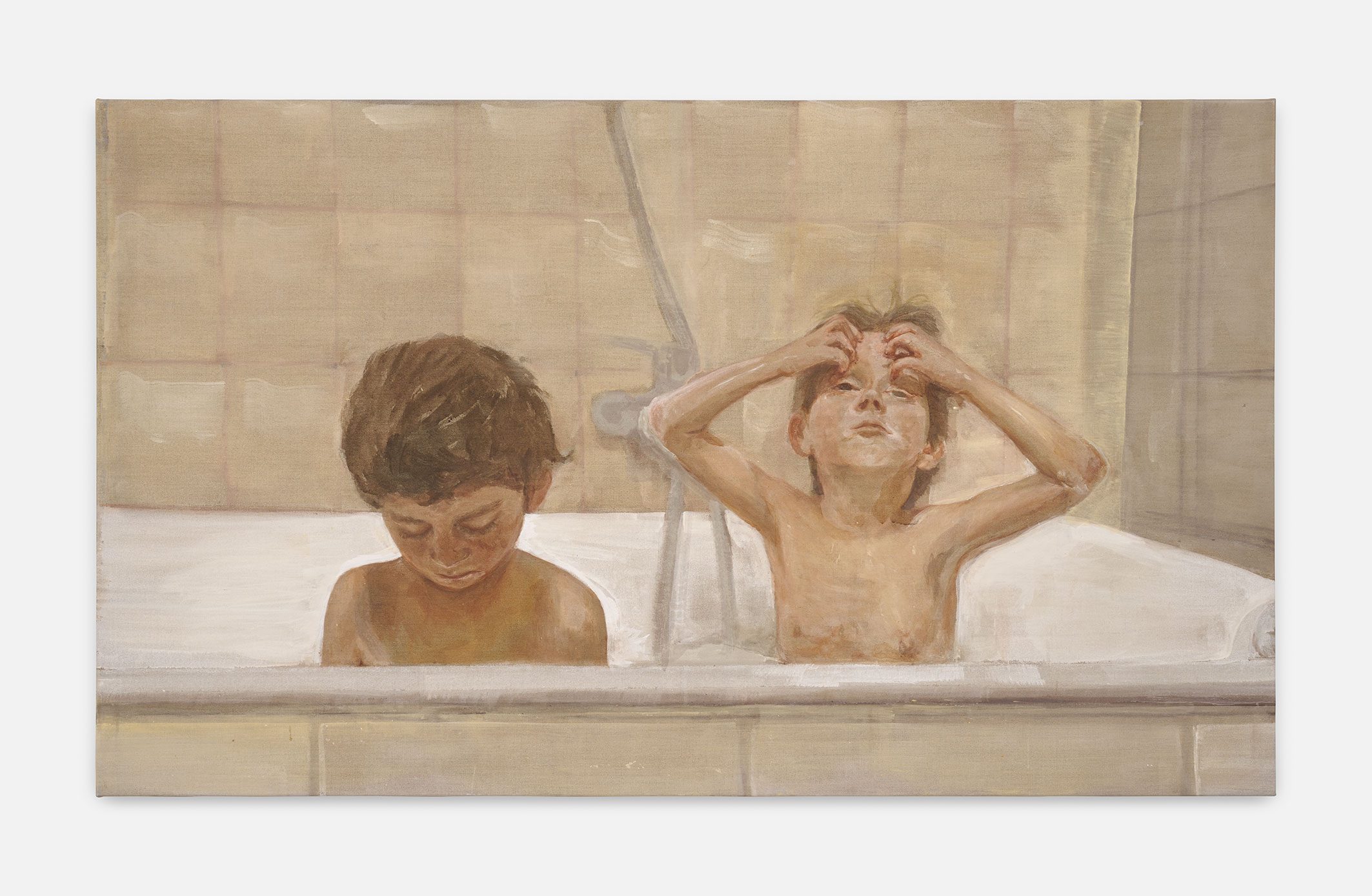
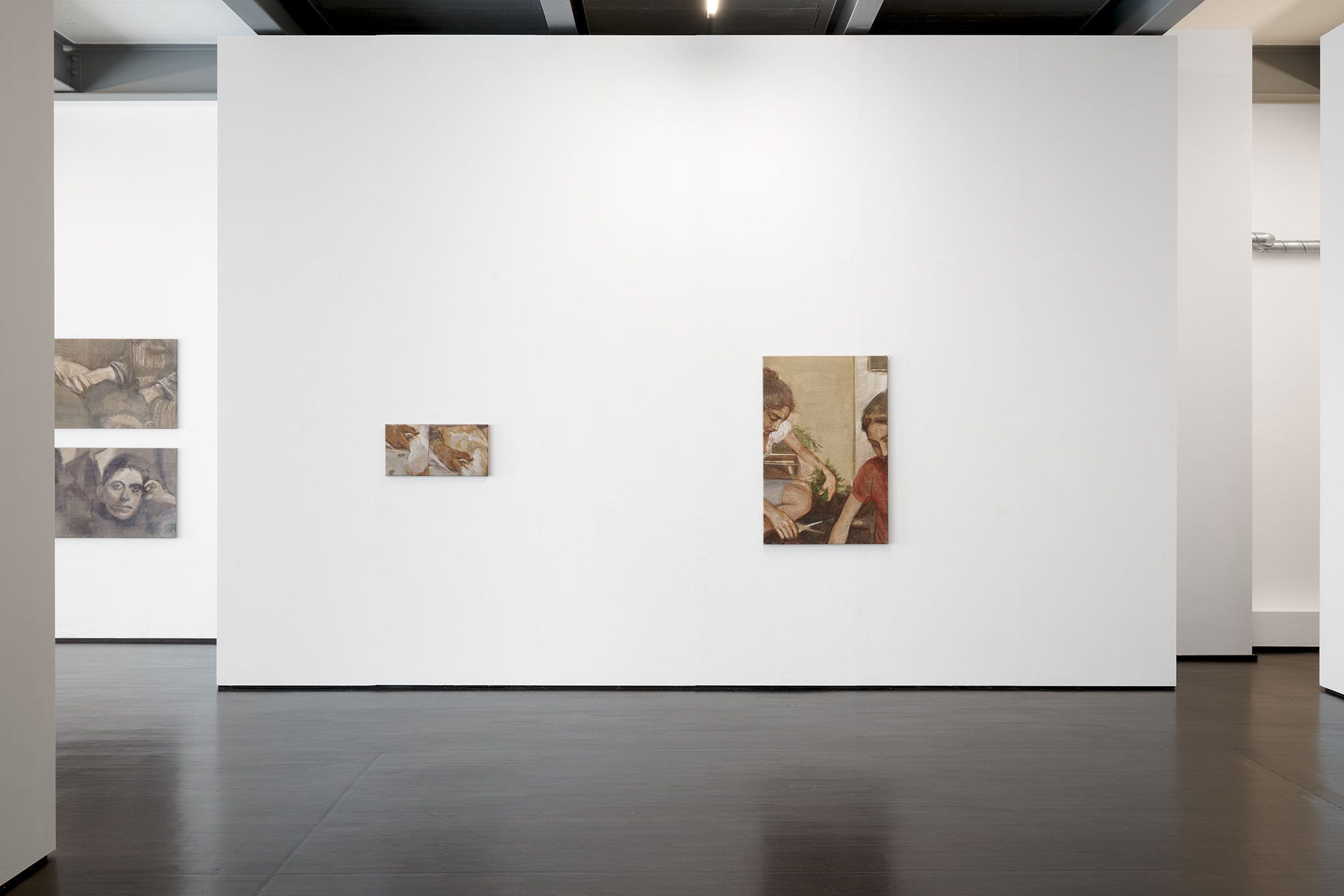
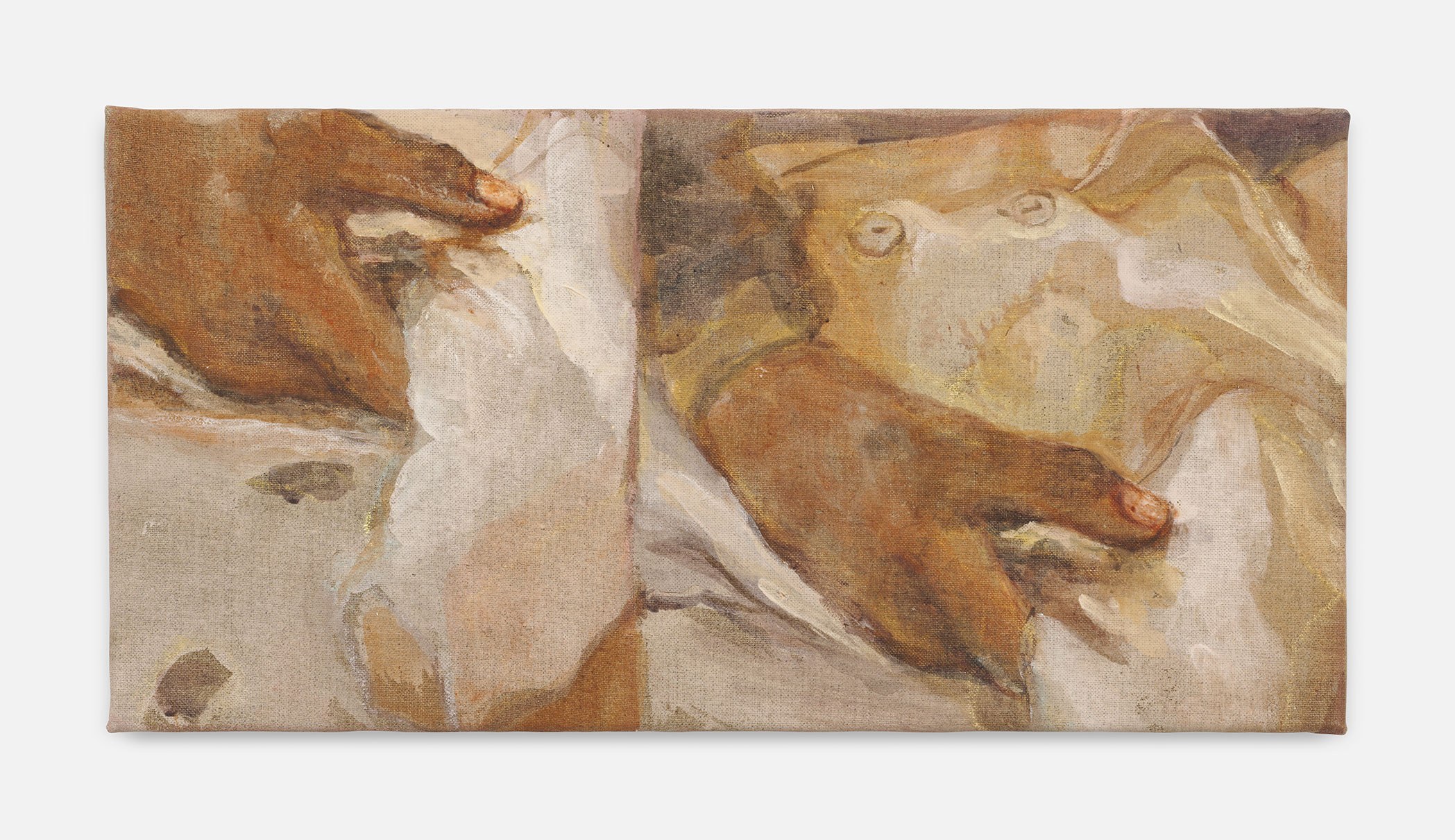
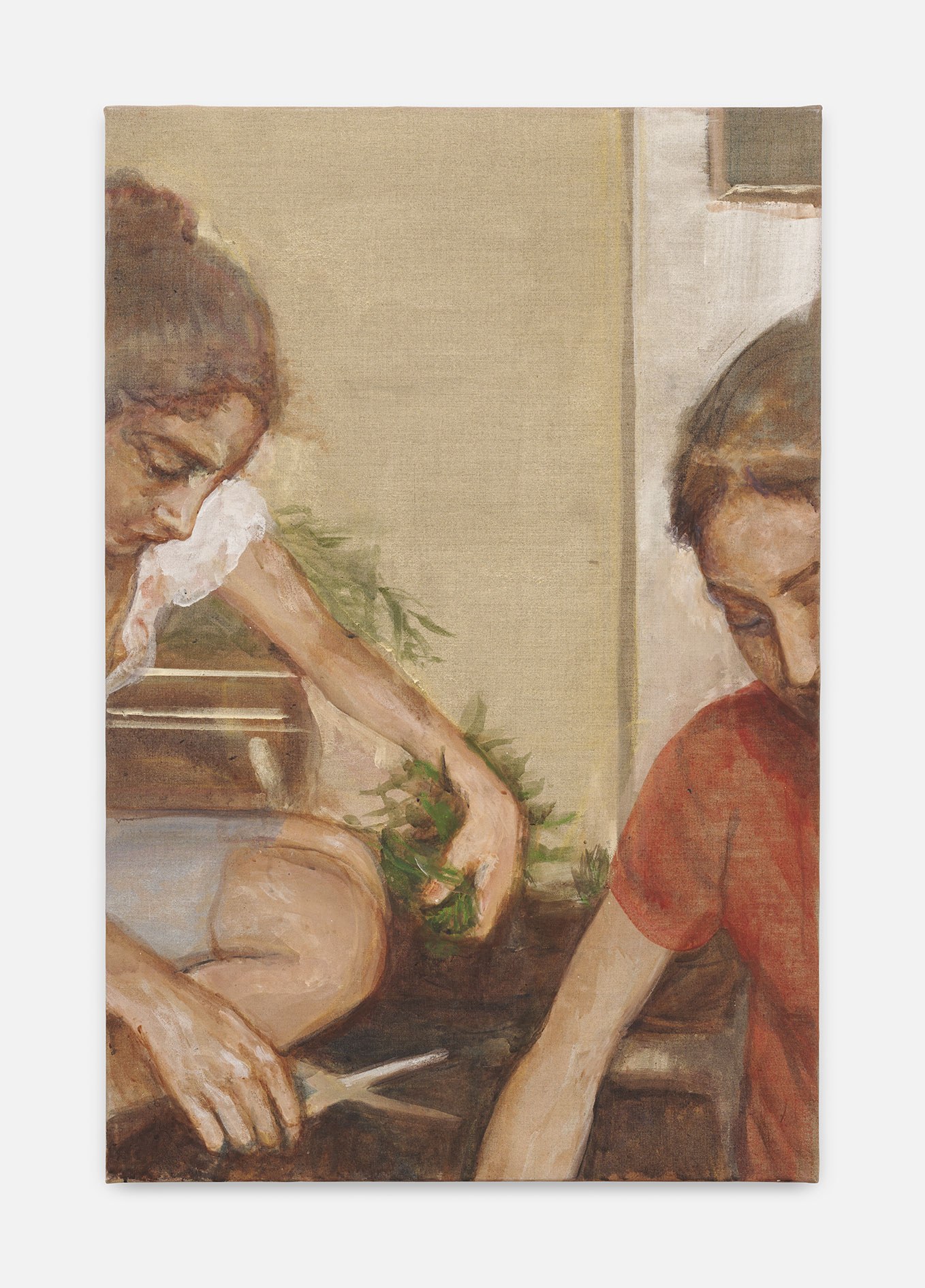
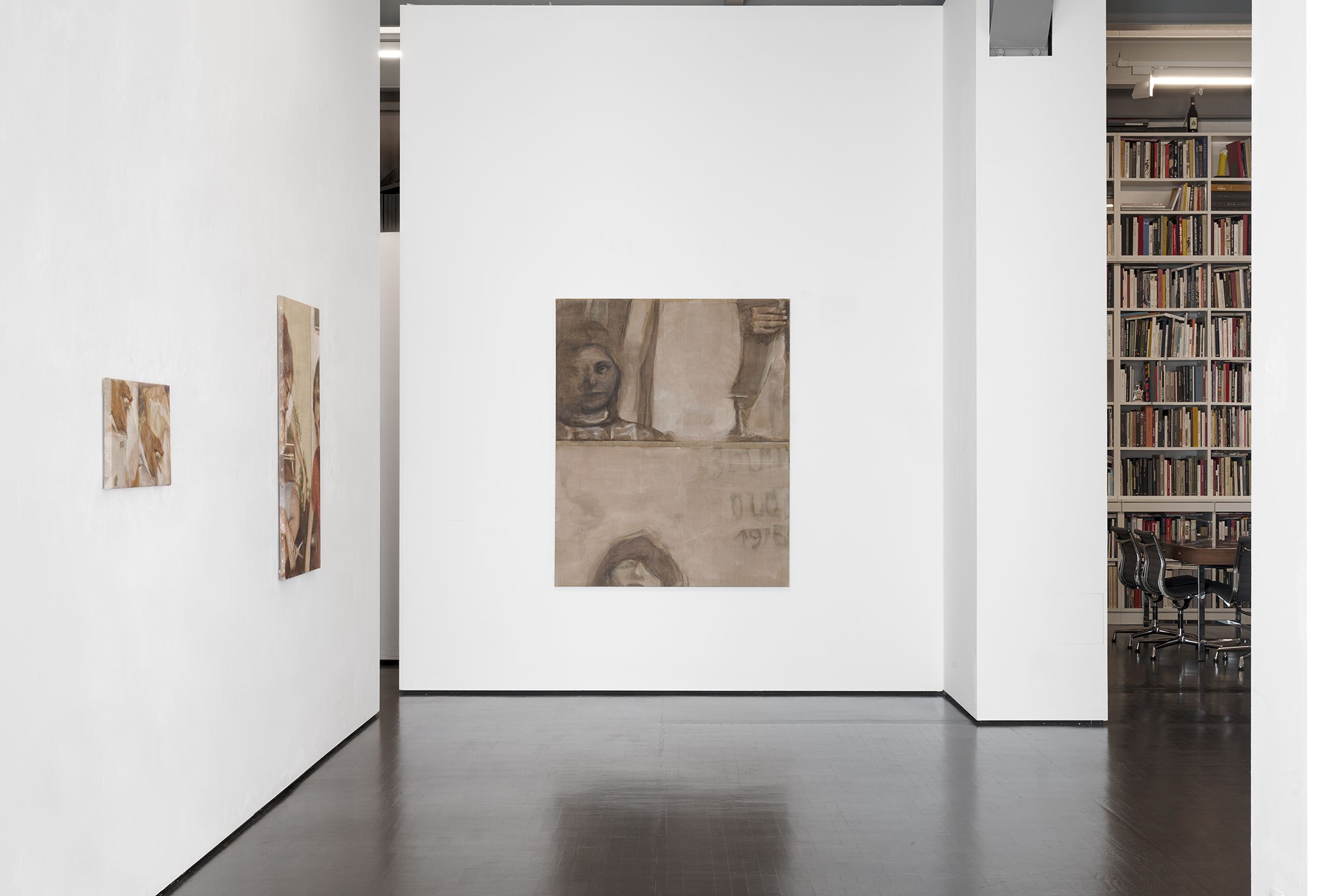
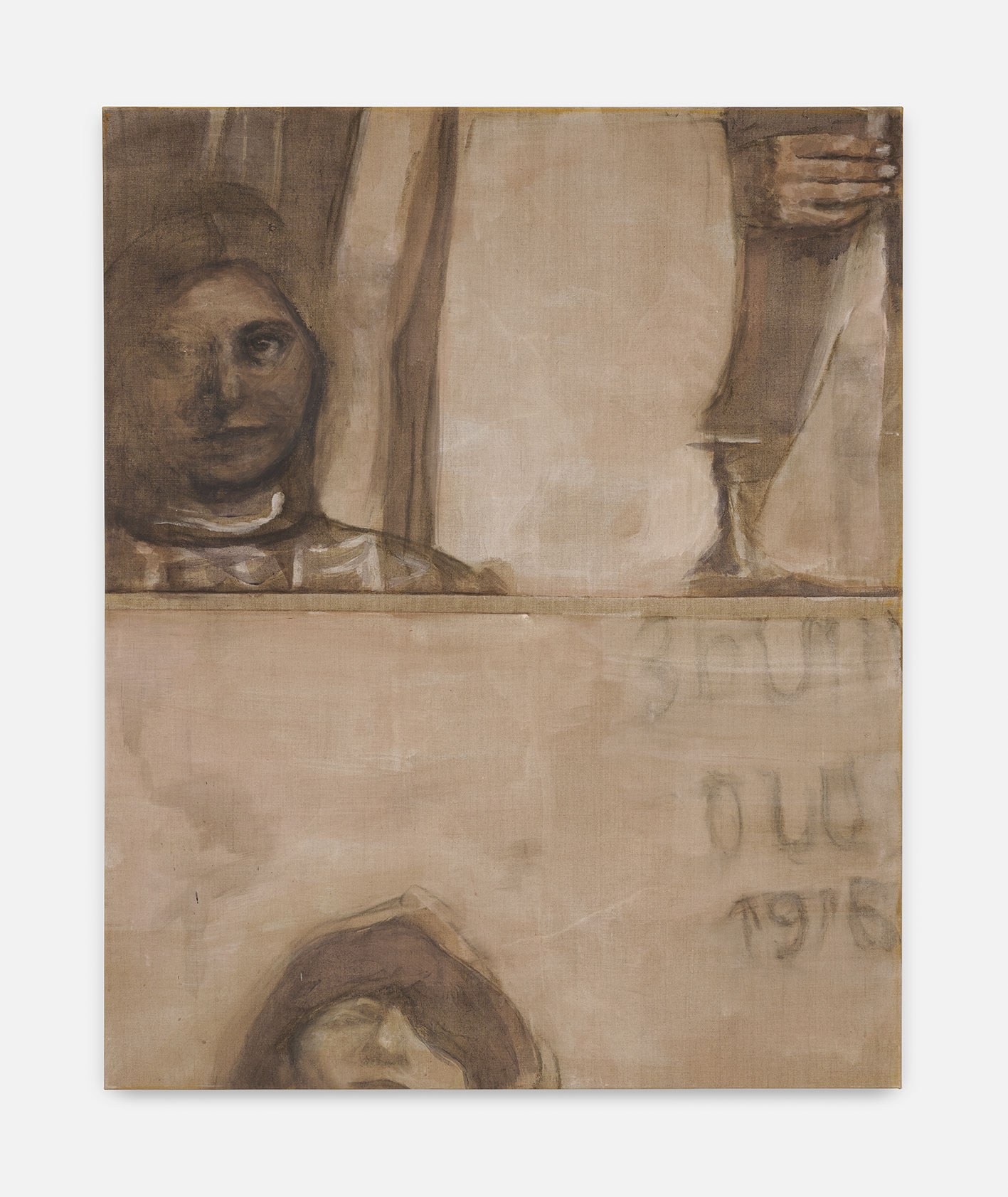
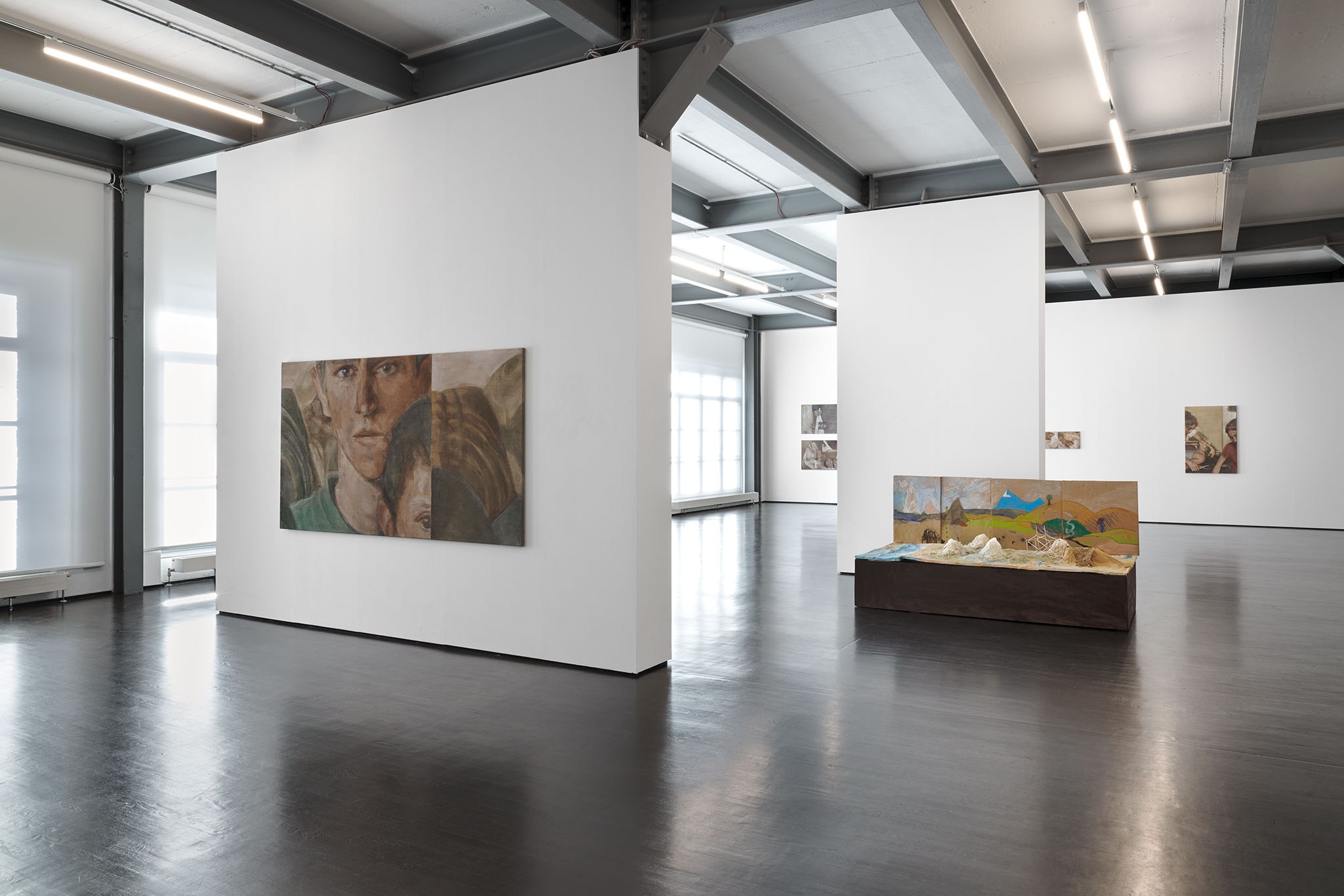
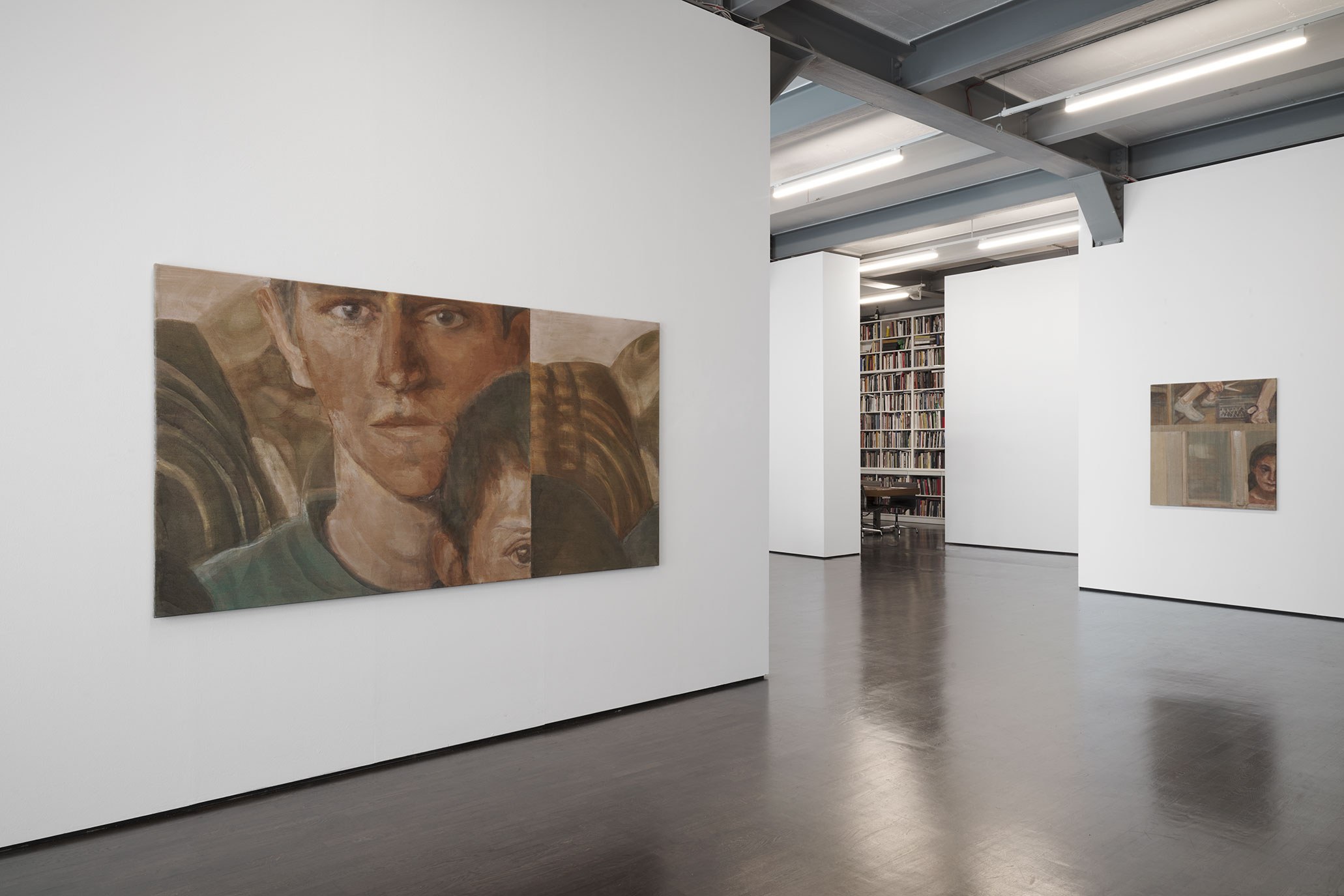
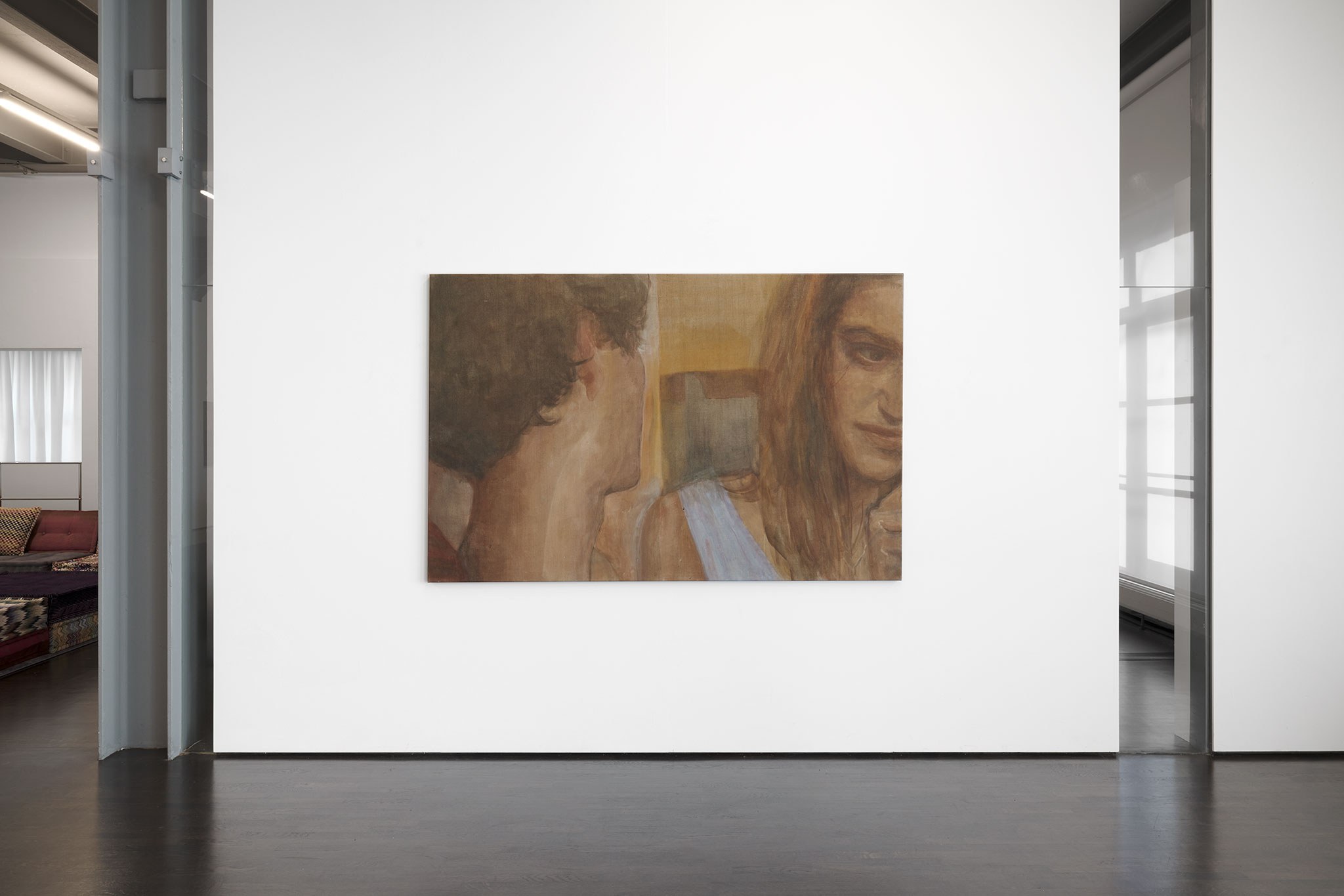
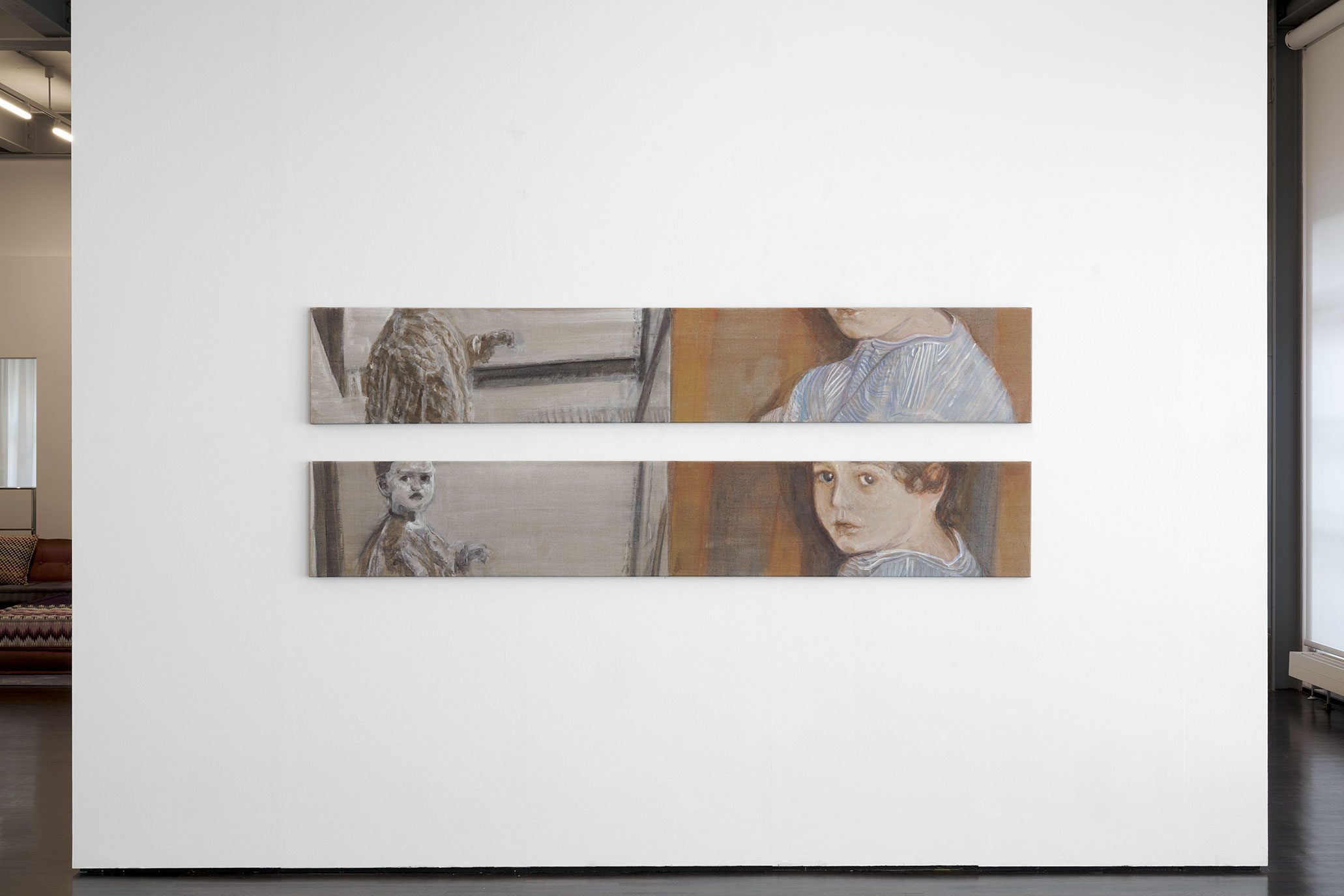
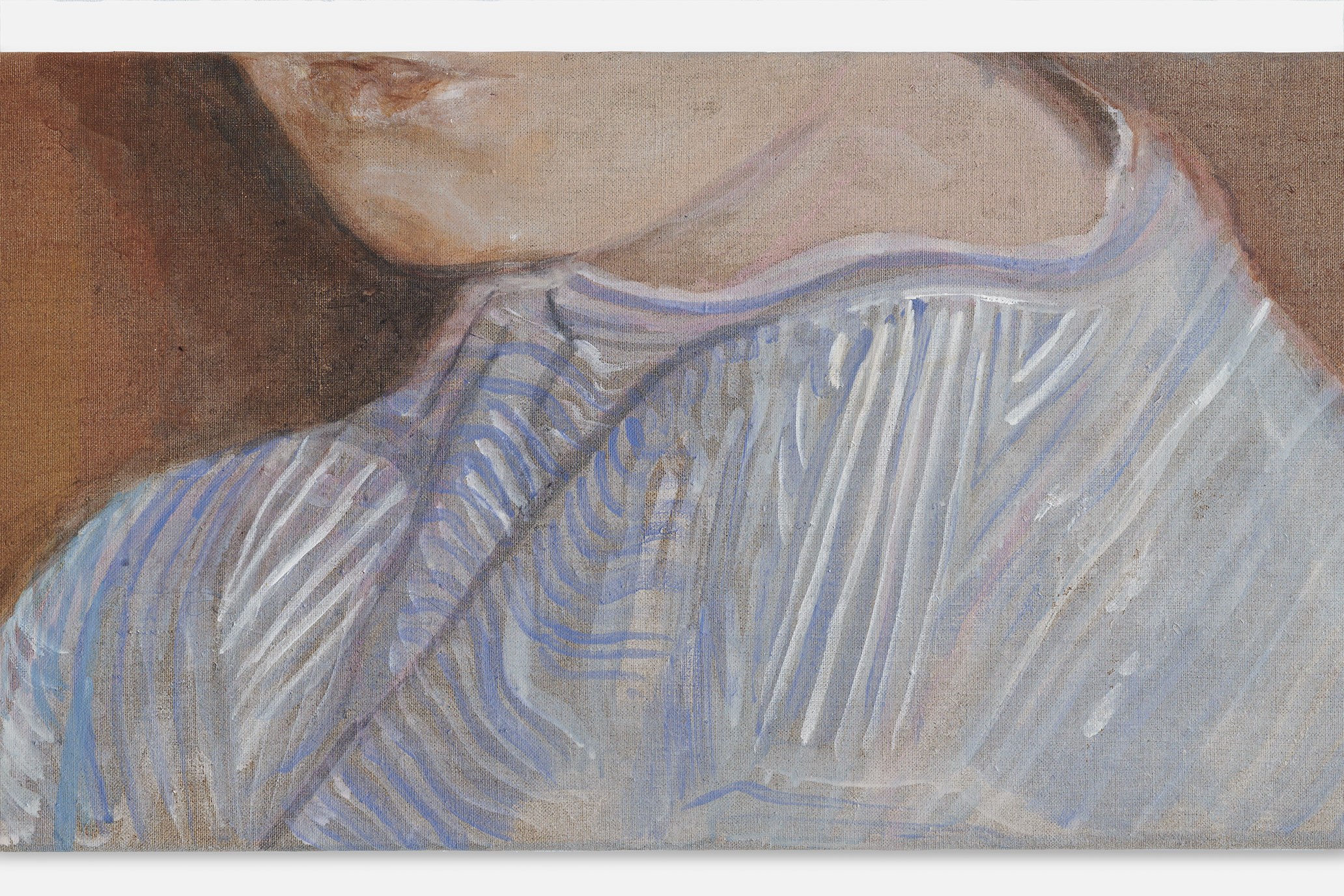
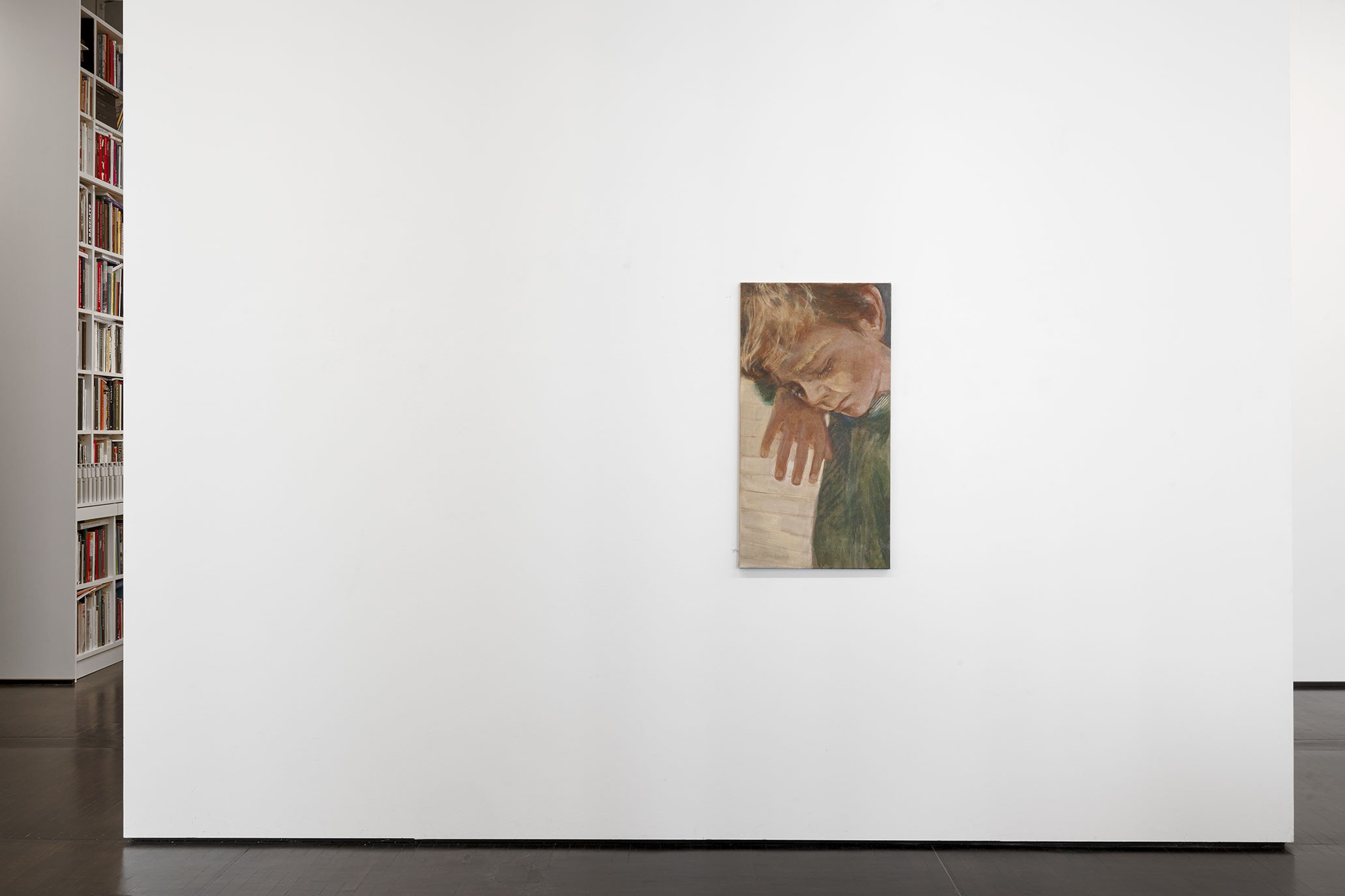
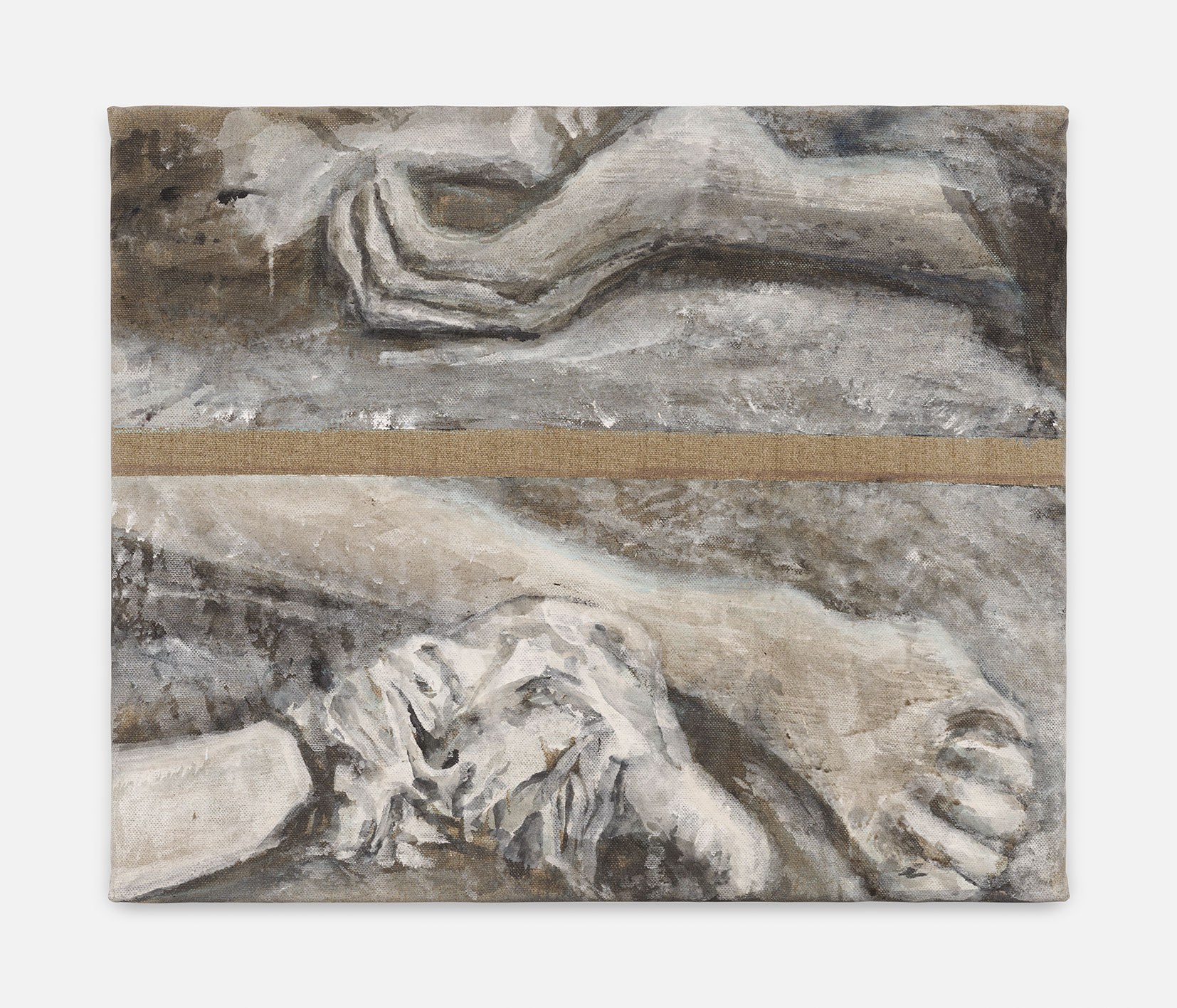
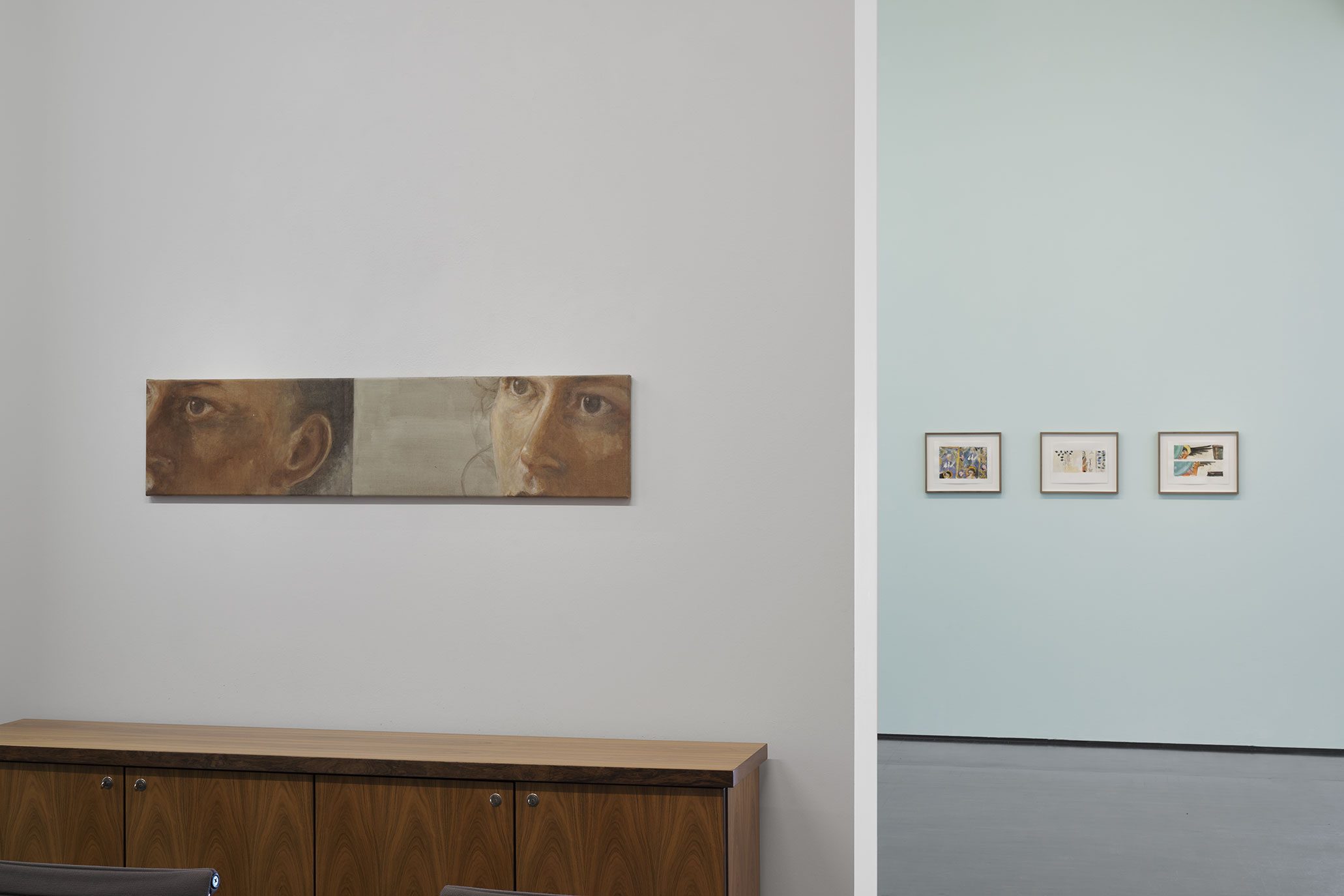
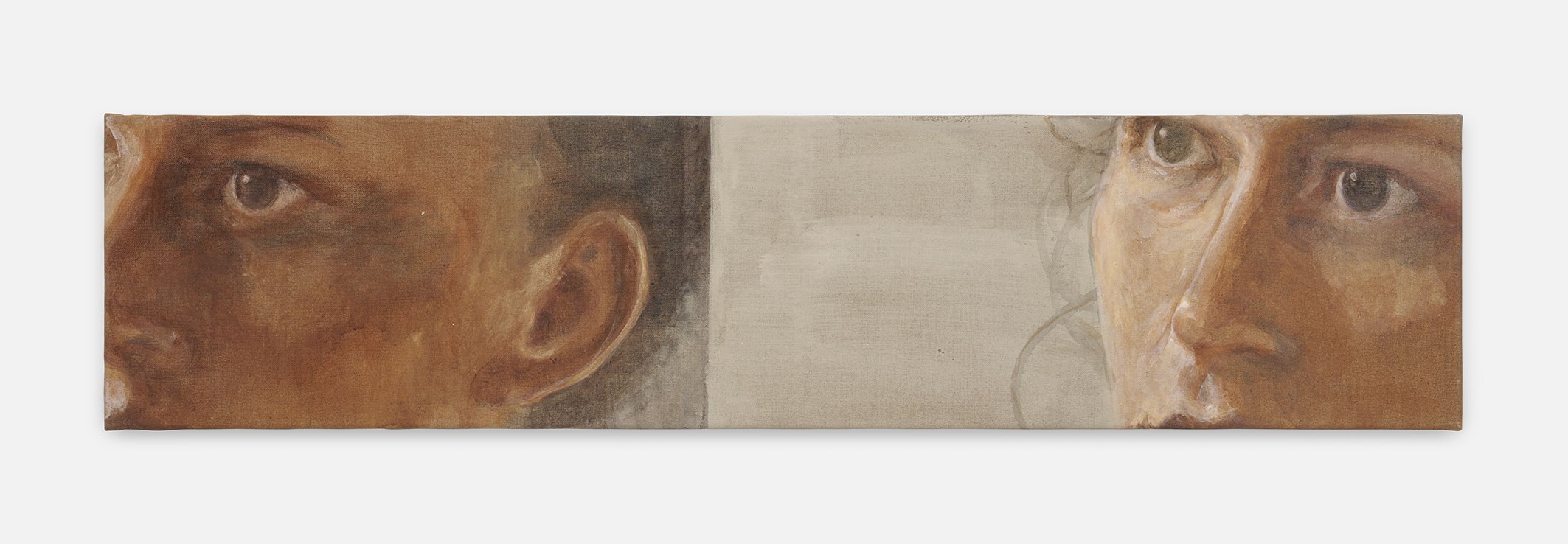
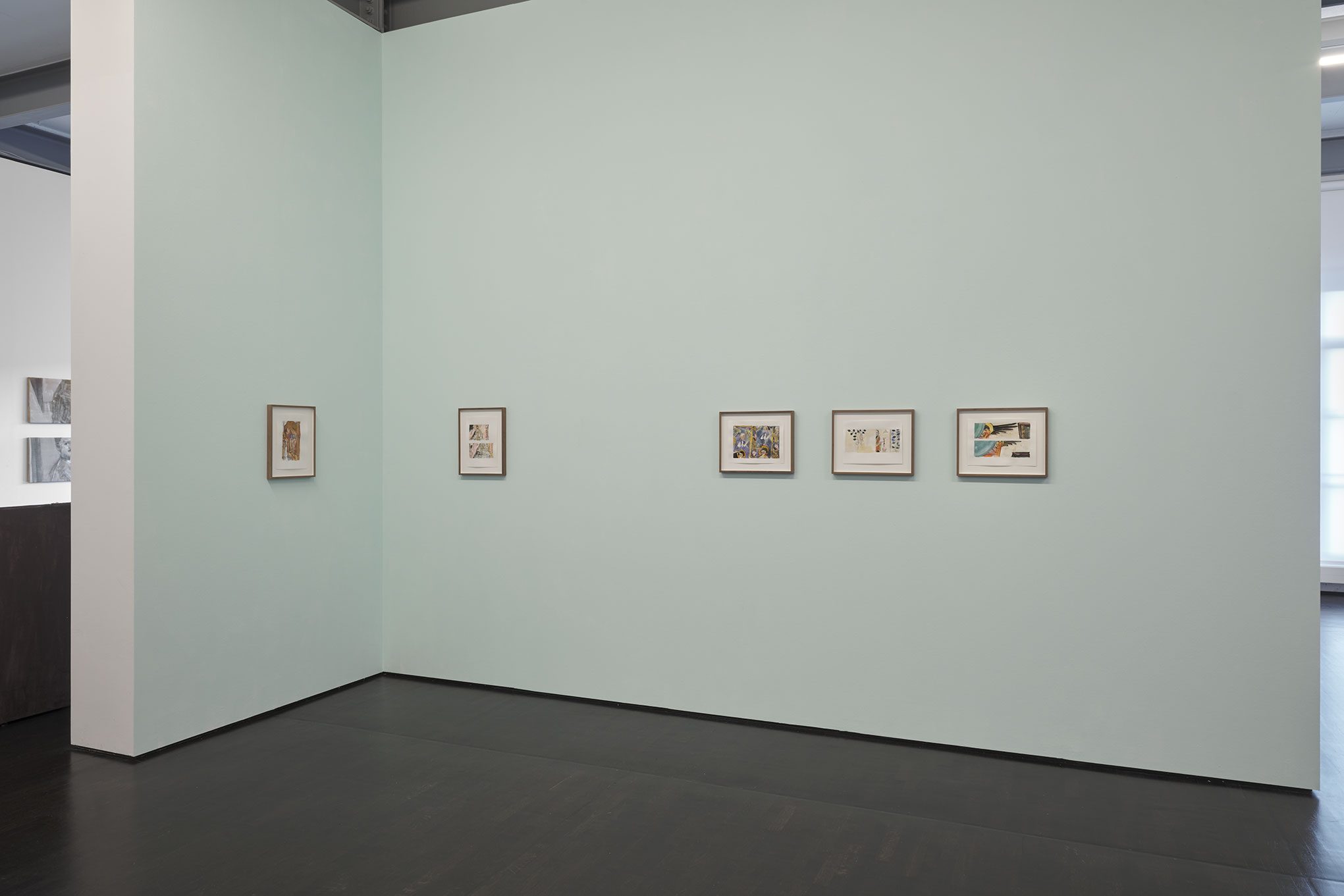
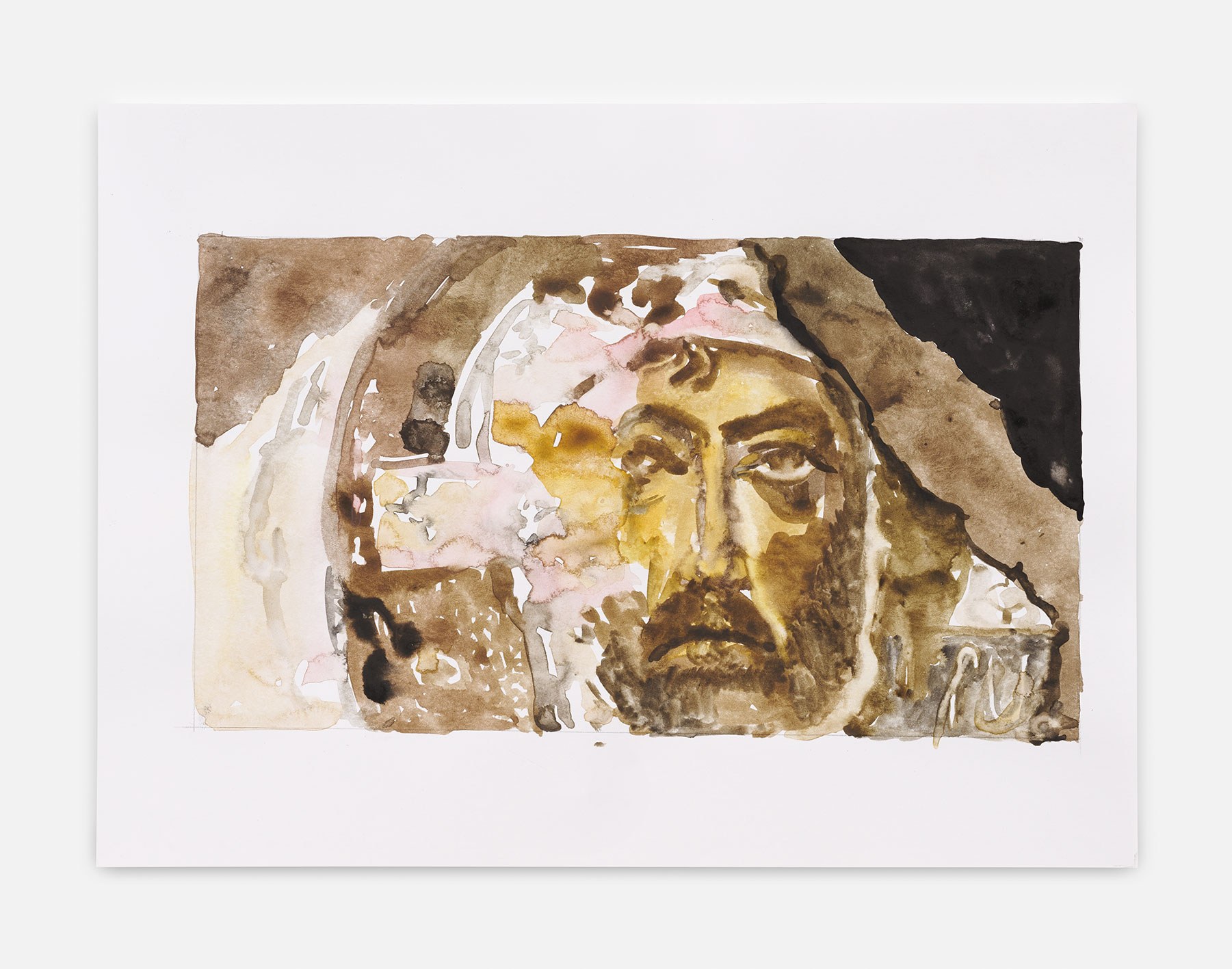
There is a singer everyone has heard,
Loud, a mid-summer and a mid-wood bird,
Who makes the solid tree trunks sound again.
He says that leaves are old and that for flowers
Mid-summer is to spring as one to ten.
He says the early petal-fall is past
When pear and cherry bloom went down in showers
On sunny days a moment overcast;
And comes that other fall we name the fall.
He says the highway dust is over all.
The bird would cease and be as other birds
But that he knows in singing not to sing.
The question that he frames in all but words
Is what to make of a diminished thing.
The Oven-Bird by Robert Frost (1874 –1963)
Which stories are told, which memories are preserved and passed on across generations? Cécile Lempert’s pictorial motifs originate from photographic (family) archives that she transfers into drawings and then into figurative paintings. The artist juxtaposes images from her own biographical context with historical source material, including photographs of the Dildilian family, taken during the Ottoman era and representing an important contemporary document of Armenia between 1888 and 1930. In addition, Armenian miniatures and frescoes rich in allegory form an iconographic frame of reference.
By combining different visual narratives and isolating individual pictorial elements, new narratives unfold that shift or even dissolve temporal and geographical references. The often two-part compositions and rectangular, sometimes narrow formats are reminiscent of film sequences or split screens, in which scenes are juxtaposed or doubled and cropped details come into focus: the close-up of a face, expressions, lines of vision, hand gestures. The depictions enter into a dialog with each other and create an intimacy among themselves and with the viewer. Despite their intensity, spatial voids can be found, offering space for personal projections into the here and now.
Psychological states and interpersonal relationships are of particular interest to the artist. Cécile Lempert explores questions of origin, belonging, and family in her paintings, from which she creates a “detemporalization of nostalgia”, as she calls it. It is not the feeling of longing in the sense of a backward reflection on something past that drives her artistic work, but rather the search for the originality of the present, understanding and sounding out current observations, and societal processes. The motif of the child as a moment of unfiltered immediacy and fragility is particularly present in her new works created for the exhibition. It takes a village. In play, new spaces for thought and drafts emerge in response to the question what to make of a diminished thing.
Miriam Bettin



